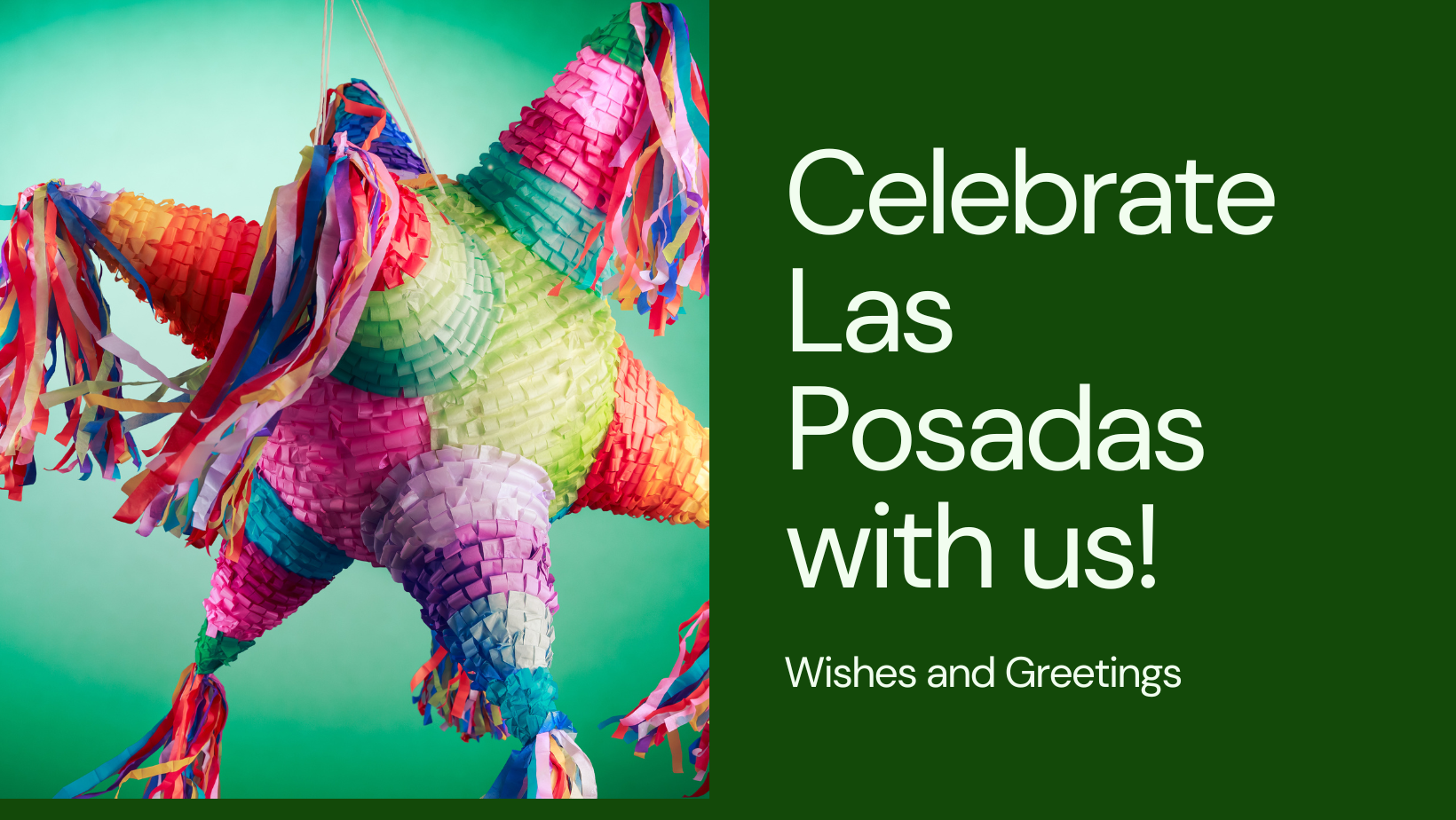Las Posadas, a treasured tradition profoundly established in Hispanic culture, is a vivid and poignant festival that marks the start of the Christmas season. As we approach Las Posadas 2023, let us explore into the pleasant rituals, sincere wishes, and historical importance that make this festive celebration a treasured part of many communities throughout the world.
Recognizing the Essence of Las Posadas:
Las Posadas, which translates to “The Inns” or “The Lodgings” in Spanish, is a nine-day festival celebrated throughout Mexico, Latin America, and Hispanic communities around the world. This lovely custom reenacts Mary and Joseph’s historical trek to Bethlehem in search of shelter before the birth of Jesus.
The Tradition Unfolds:
Las Posadas, which begins on December 16th and ends on December 24th, draws people together in a series of processions and festivities. Participants move from home to house, generally separated into two groups—one representing Joseph and Mary and the other serving as innkeepers—reenacting the couple’s hunt for accommodation.
Wishes and Greetings for Las Posadas 2023:
- “May the spirit of Las Posadas fill your home with joy, love, and blessings this festive season. Happy celebrations!”
- “Wishing you and your loved ones a beautiful Las Posadas filled with warmth, togetherness, and cherished moments.”
- “May the light of hope and faith shine brightly in your life during this Las Posadas season. Happy celebrations!”
- “Sending heartfelt wishes for a joyous and blessed Las Posadas. May your home be filled with peace and love.”
- “As you celebrate Las Posadas, may your heart be filled with the true spirit of Christmas and the warmth of family and friends.”
- “May the joyous melodies of Las Posadas bring harmony and happiness to your home this festive season.”
The Historical Significance:
The origins of Las Posadas can be traced back to Mexico in the 16th century when Spanish missionaries introduced the tradition to the indigenous people. It became a way to teach the story of Mary and Joseph’s journey and the importance of compassion and hospitality.
During the reenactments, participants sing traditional songs called villancicos, carry candles, and sometimes enact dialogues between Joseph, Mary, and the innkeepers. At the final destination, often a designated home or church, there’s a grand celebration with piñatas, traditional foods like tamales and hot beverages like ponche, symbolizing the joyous culmination of the journey.



